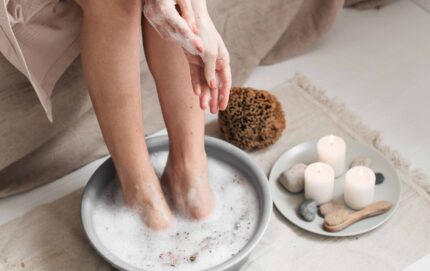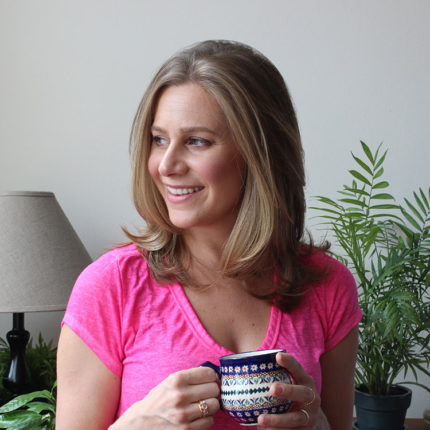Mental health expert Dr. Ellen Vora talks about soaking in Epsom salt, other ways to boost magnesium levels, improve sleep quality
The average American sleeps only 6.8 hours each night, down from 7.9 hours in 1942. Dr. Ellen Vora, a mental health expert often quoted in leading publications, says this lack of sleep harms almost every dimension of health and wellness, from managing mental health and maintaining a healthy weight to fighting off infections and suppressing cancer cells.
Dr. Vora is a board-certified psychiatrist who graduated from Columbia University medical school and does corporate wellness presentations, speaks at health and fitness seminars and consults with healthcare companies. She takes a functional medicine approach to mental health, where she doesn’t treat only symptoms, but the root cause of the disease.
“There’s a two-way street between sleep, stress and anxiety,” says Dr. Vora, who has been featured in publications like mindbodygreen, Well+Good and One Medical. “While both stress and anxiety can contribute to difficulty sleeping, what’s more important is to understand that lack of sleep, which can be due to preventable factors, can dramatically contribute to anxiety and poor stress tolerance.”
“In other words, when we don’t make sleep a priority, we’re contributing to our anxiety and burnout.”
Here are Dr. Vora’s top three tips to help prioritize sleep and avoid burnout:
- Boost magnesium levels – Magnesium is the fourth most abundant mineral in the body, spearheading more than 300 biochemical reactions.
“Lack of magnesium makes it harder to relax and sleep. I recommend magnesium supplementation and Epsom salt baths.” Epsom salt is actually magnesium sulfate and can be purchased almost anywhere that carries personal care items, including grocery stores, pharmacies and popular online retailers.
- Keep your phone out of the bedroom – “Technology and screen time in the evenings suppress melatonin release and disrupts our circadian rhythm. In other words, we don’t become sleepy in the evening when we’re actually tired.”
- Set a wind-down alarm – Just like we set an alarm to wake up in the morning, set an evening alarm to begin a bedtime ritual. This helps us avoid getting overtired, which happens when we wait too long to go to bed. In this state, we feel wired due to a surge of cortisol, which prevents us from falling asleep. To avoid this, Dr. Vora suggests aiming for an early bedtime (between 9:30-10:30 p.m.), powering down electronics, ending the night with an Epsom salt bath by candlelight and then reading a paper book in bed under dim light.
The practice of self-care has gained popularity in the wellness industry with a variety of rituals and products, but Dr. Vora says getting a good night’s sleep is the ultimate form of self-care.
“It’s free, it feels good, and it does more for your health and sense of well-being than any self-care practice out there.”





